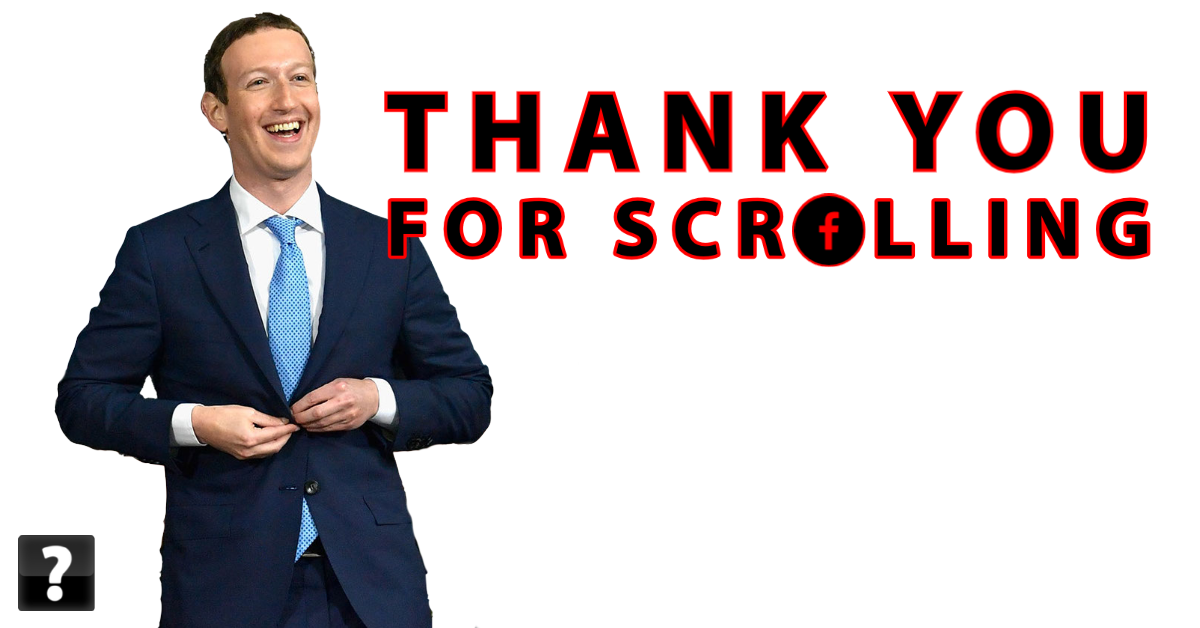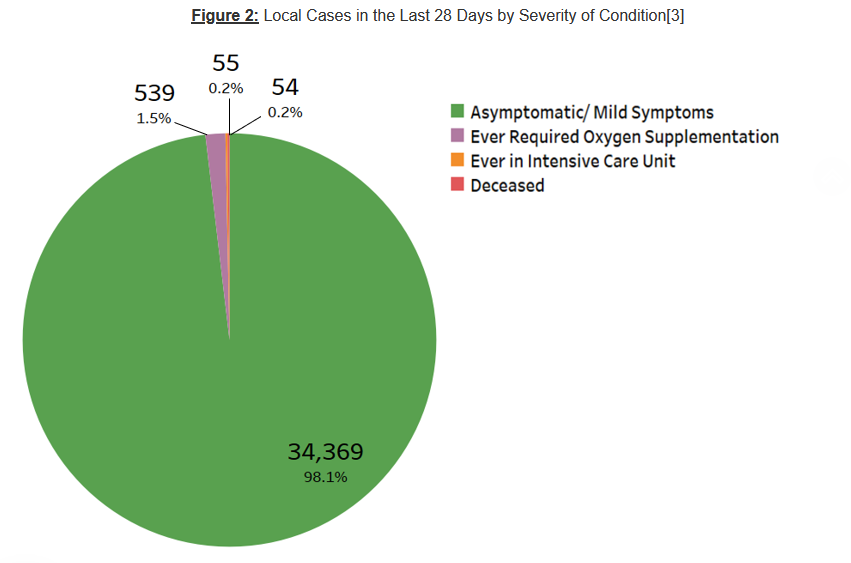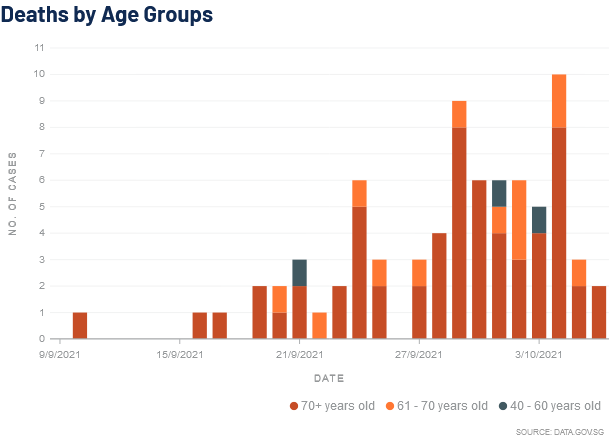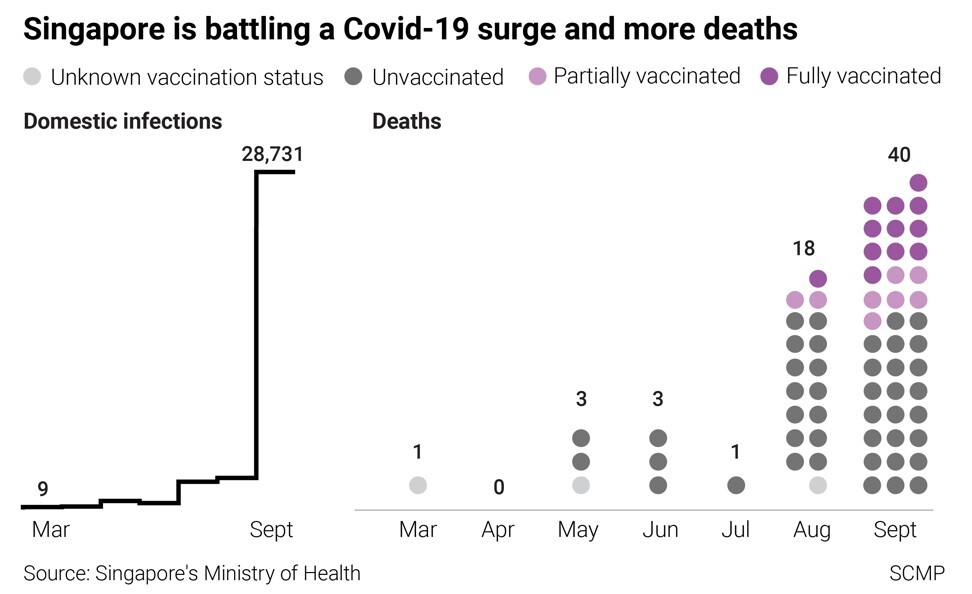Engagement is not a synonym for good mental health.
James Mickens, quoted in Facebook’s success was built on algorithms. Can they also fix it? [cnn.com] on CNN.com
It’s true, I checked my thesaurus (though engagement is a synonym for battle, conflict or confrontation which is maybe more relevant). Should it be? Who is responsible for ensuring good mental health? Is it the responsibility of Facebook, or other social media, to promote things that will improve, or at the least not damage, their users mental health? I don’t think so, in fact this is potentially at odds with their responsibilities.
Facebook and other social media companies do have a clear responsibility, as public companies, to make as much profit as they can which they do by selling ads. Remember, you are the product [confusion.cc]. To sell ads they need people engaged with the platform(s) to show ads to. The higher the “engagement” i.e. how long you spend scrolling through Facebook or Instagram, the more ads a user sees. So, if doomscrolling [wikipedia.org] is the best way to get more eyeballs on ads, Facebook (and Twitter, and other social media companies) will inevitably start to optimize for doomscrolling. Using negative or shocking content to sell is nothing new; “if it bleeds, it leads”. Like everything the scale and speed has grown exponentially thanks to tech.
And they know it is causing harm:
[Frances] Haugen revealed internal documents from Facebook that show the social network is aware that its “core product mechanics, such as virality, recommendations and optimizing for engagement, are a significant part” of why hate speech and misinformation “flourish” on its platform.
Rachel Metz, writing in Facebook’s success was built on algorithms. Can they also fix it? [cnn.com] on CNN.com
Facebook’s internal research agrees; in it’s current form Facebook (and by extension social media) is bad for us. Bad for us like smoking is bad for us. Bad for individuals and for society. Smoking is an informative analogy here. The tobacco industry hid their internal research that showed they were causing harm for decades. It was not in their interest to tell people “we are, literally, killing you.” So they buried their own science, and spent decades pushing back on anyone who claimed smoking was bad. Advertising the “health benefits” of smoking even when their own research that showed smoking was deadly.
The tobacco companies didn’t make any efforts to improve; they spent money to lobby the government to ensure it didn’t try to force them to improve and reduce their ability to mint money. It took decades for the government and the public to catch up with tobacco. And people still smoke, but we’ve taken (some) steps to try and reduce the impact on society as a whole and regulated who can smoke and where you can smoke.
A key difference between the tobacco industry and social media is we are seeing the internal damning research much earlier.
So, how can it be fixed? If society wants to change social media then i doubt relying on the “good intentions” of companies is going to result in any change. Apologies to activist shareholders but no mater what companies say about corporate social responsibility it’s a nice to have. They can drop, or ignore, or lie and cheat about these things the moment it affects their bottom line. What they can’t ignore is laws and regulations (at least not without en curing real penalties that they care about).
[Change] would require pressure from advertisers whose dollars support these platforms. But in her testimony, Haugen seemed to bet on a different answer: pressure from Congress.
Rachel Metz, writing in Facebook’s success was built on algorithms. Can they also fix it? [cnn.com] on CNN.com
By “pressure from Congress” I assume the author means laws and regulation. Regulation is a bad word for many people, especially on the right and a bit of a wonder drug for many on the left. So expect a long fight over it, even if both sides agree that “Facebook needs to be regulated” they disagree over what aspect needs to be regulated. The republicans think Facebook is censoring them, the democrats say Facebook is radicalizing the republicans.
Wikipedia’s article on Regulatory Economy [wikipedia.org] says The ideal goal of economic regulation is to ensure the delivery of a safe and appropriate service, while not discouraging the effective functioning and development of businesses.
This is why we have regulations on things like food and drugs, or more specific classes like alcohol and tobacco.
What would regulations on social media look like? Facebook and Twitter already have warning labels on some things, elections and COVID19 vaccines:
Which, back to our Tobacco analogy, is familiar. Way back in 1965 the Congress in the US passed a law requiring cigarettes to have a warning: “CAUTION: CIGARETTE SMOKING MAY BE HAZARDOUS TO YOUR HEALTH.”
Didn’t stop people from smoking.
There are minimum age restrictions on who can smoke. And Facebook also has a minimum age for who can signup, set at 13. But 13 would seem to be too low if teenagers are developing mental health issues due to Instagram content and it’s easy to get around. Maybe they should require a real world ID to register…
There are also restrictions on advertising tobacco… which, I think, amounts to preventing tobacco companies from sponsoring events and from advertisements directed towards under-aged people. Not sure it’s so relevant here; when was the last time you saw an ad for Facebook?
Maybe better enforcement of the age restrictions is something that can be done. But I think the tobacco regulations can only help so much since the industries are just to different. Tobacco companies sell a standard product to people while social media sells people to advertisers and the content that brings people to the platform is user generated. Facebook and Twitter can slap warning labels on things as fast as their AIs can detect the content but it’s hard to imagine a world were it’s as accurate or efficient as labels on cigarette packages. There are too many topics and too many ways for people to work around the AI. It’s an arms race and unless we want to put all social media behind a new version of the Great Firewall [wikipedia.org] it’s an unwinnable race.
In the end I have not seen any proposals for regulating Facebook that seems like they actual address the issue. It will be interesting to see the coming fights between the industry and congress and the public. If it gets too depressing, go watch Thank You for Smoking [imdb.com], it’s hilarious and it’s relevant.




















